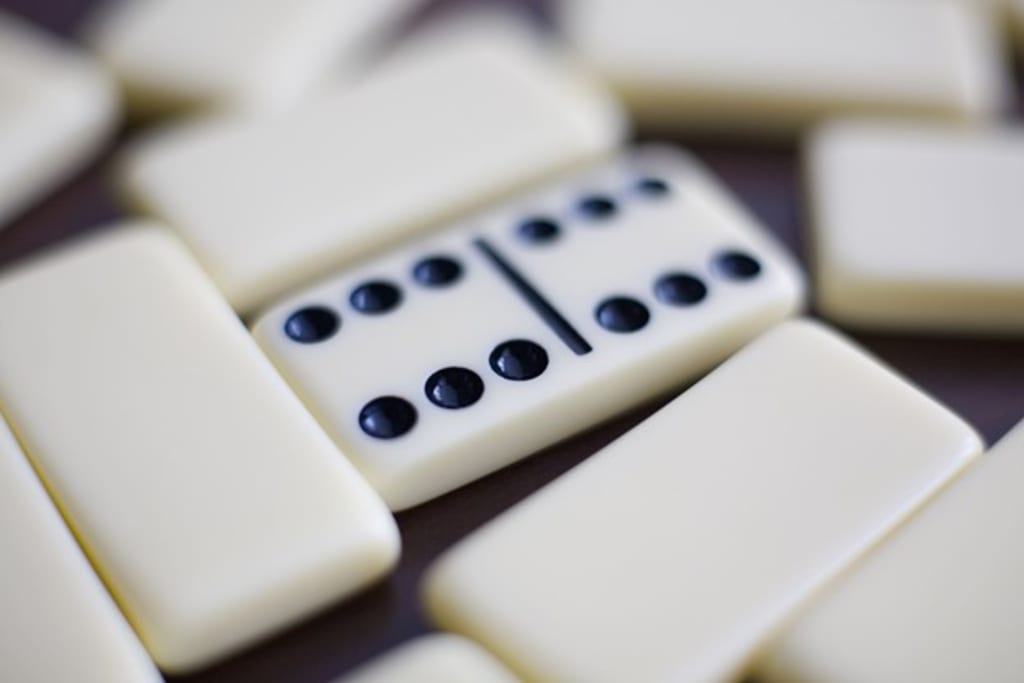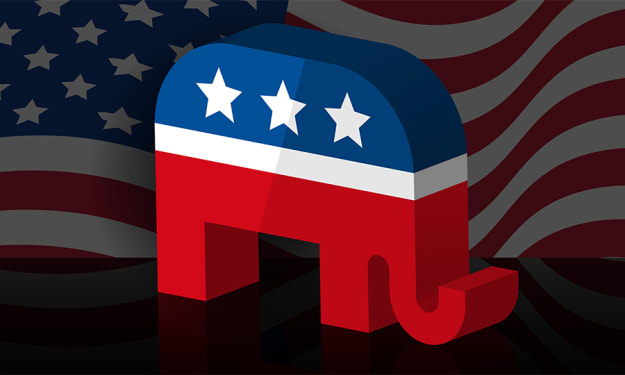New Quarantine Economy
rethinking our banking model

All indicators are that Covid19 will be with us for a while, and that the basic recommendation against travel is valid.
As President-elect Biden assembles his economic team and considers how he wants to jump-start the economy, he may have to look for a new playbook. Old thinking always told us that the Real Estate Market was the best leading indicator for the economy, and that Infrastructure construction was the best way to pull out of a recession.
However, with the long-term quarantine, we might anticipate a reduced demand for new homes. Some of the engines of new home construction, such as neighborhood re-vitalization, are less viable options since these projects tend to cause property values to rise, and increase the relocation of people.
Mr. Biden might also review some of the major economic projects fo rno only the Trump Administration, but also the Obama Administration.
Here I am referring to the "New Silk Road", or "Belt and Road" initiative dating back to 2012.
That worldwide construction project, still ongoing headlined by China, involves the building of roads and other infrastructure from from China all the way through Central Asia (such as Afghanistan) to the edges of Europe (Spain) and Southwards into Africa.
The most recent troubling news on that project has been related to the difficulty some countries, including Sri Lanka and Pakistan, have had in repaying Chinese loans used to finance the project. In the case of Pakistan, China had threatened to cut off all water if they were not compensated for the lte loan payments. Pakistan had no choice but to relent and give China a couple of territorial islands, which presumably China can use to go after Sri Lanka.
The backdrop of this is the Chinese long-stated intentions to overtake the US Dollar as the major global currency. SO presumably, China had won a victory over American Banks in the global currency competition by swallowing up Pakistan.
What are the implications for American foreign policy? During my lifetime, I have always been told that the central goal of American Foreign Policy was to achieve peace in the Middle East.
Since Pakistan is both a Muslim country, and a former Cold War ally of the United States, China's financial relationship with Pakistan now gives it more leverage in Middle Eastern Peace Talks. We recently saw the "Peace of Abraham" involving some long-time silent middle eastern partners of Israel, however our unilateral ability to negotiate a peaceful settlement to the dispute over Jerusalem has been further hampered by the Chinese influence on Pakistan.
Previously, the Obama Administration's agreement with Iran drove a wedge within the United States between Republican supporters of Sunni Islam (Saudi Arabia) and Democratic Supporters of Shiite Islam (Iran). Although Pakistan is not itself a middle eastern country, it does play an important role in the implementation of the overall objective, which is peace between Muslims and Jews.
In recent weeks, President Trump proposed an American Infrastructure partnership with Taiwan to compete with China. In this case, Taiwanese private banks would be used to fund large-scale infrastructure projects in Central and South America.
Once again, the result would reduced hegemony of the US dollar worldwide.
So, we can certainly see that, besides the rise of bitcoin and other cryptocurrency, the major economic event of our times will likely be thr breakup of the traditional Central Banking System as we know it.
While China and Taiwan might merely be copycat banks in relationship to the old style banking institutions we are familiar with, the real opportunity might be in developing a new way of banking.
One other existing theoretical system of banking has been "Sharia Law Banking", which replaces interest rates with bank fees. But nobody likes bank fees either.
Another system that has been introduced in the developing world has been "microfinance" banking, which basically uses your neighbors as "hired thugs" to make sure you repay small loans.
Overall, look at the possibilities, I would suggest that real opportunity would be to genuinely re-design the banking industry altogether, from its foundation.
Going back to how I began this discussion, I would point to long-term quarantine living as a key historical disruptor. In the past, all banking was really a form of "slash and burn" capitalism. Foreclosure and missed payments were the basic source of bank profitabilty. As the banking system became more complex, the ups and downs of the real estate market, fueled by "gentrification", seems to have been built into the business plan of banking. Politicians became corporate demagogues hired to cause different communities to fight each other over turf, bring in re-development, bank loans, boom towns, and the inevitable bust.
The overall global impact was to speed up the utilization of resources, rather than to actual improve lives in our communities.
SO, if I were to re-think the banking industry, I would begin with the premise that more dollars don't always make sense. As we see with the current pandemic, we might incorporate healthcare issue into our economic decision-making.
Various objective quality-of life indicators may be better measures of the advancement of our society than Gross National Product. One of them, of course, being longevity of life.
We see in the ne3ws these days, the new crop of politicians still debating over the next wave of economic stimulus projects. Yet I must ask once again, how can these crops succeed under the same old "slash and burn" policies that brought us global warming in the first place?
About the Creator
Samir M Goradia
Samir Goradia grew up in Queens, New York, and attended The Bronx High School of Science/
He resides in Bakersfield, California, where he is involved in the transition to Commercial Space Travel; and also disaster relief with FEMA.






Comments
There are no comments for this story
Be the first to respond and start the conversation.